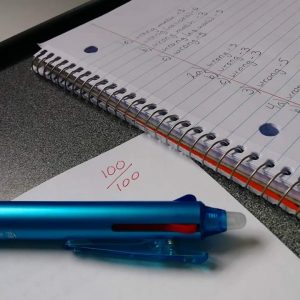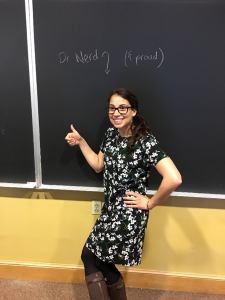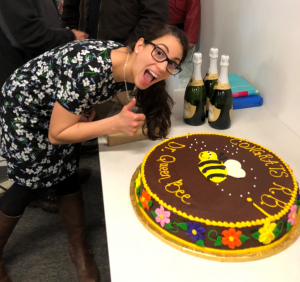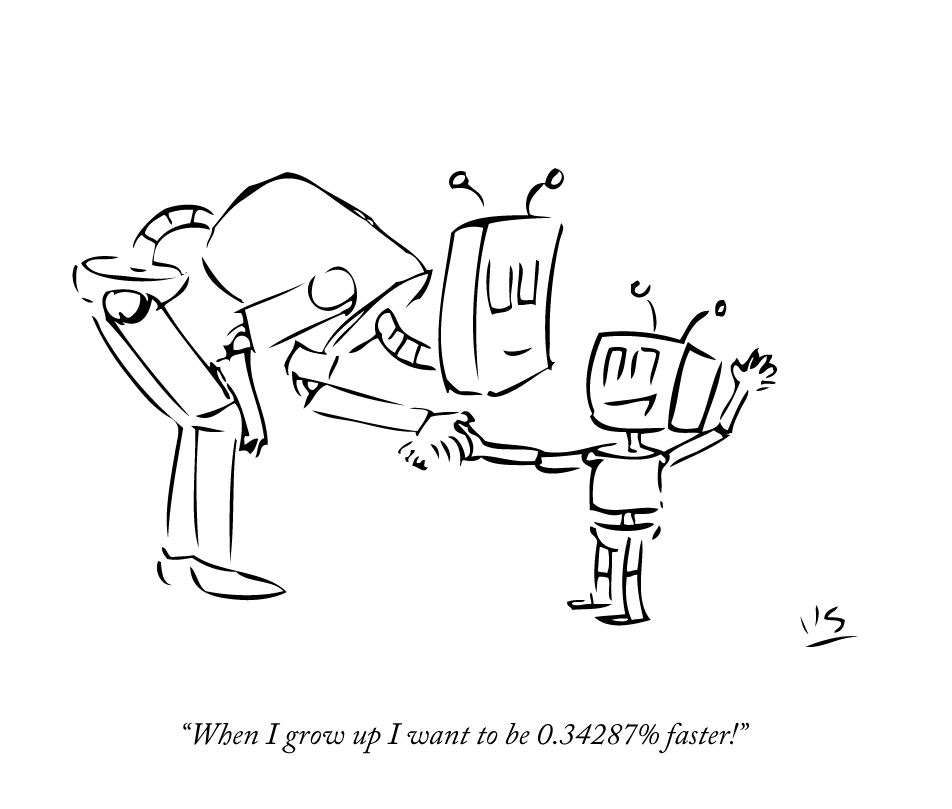Written by Alia Wulff, Cognitive Psychology Ph.D.
When I first was admitted into Tufts, I barely thought about the fact that I would need to be a teaching assistant. It was an abstract concept, something that graduate students naturally knew how to do or were taught how to do during some mythical three-month intensive course. I knew I would have to take on the role of a TA, but I didn’t know what it would mean.
Fast forward five months, and I was attending the teaching assistant orientation during my first week at Tufts. I sat down with my notebook and pencil in hand, ready to have all of the necessary knowledge to be a teaching assistant implanted into my brain. Two hours, at least a dozen speakers, and a whirlwind discussion with a current psychology TA later, I still had no idea what I would have to do. The Tufts orientation taught me everything I would know about the ethical obligations and workload expectations of a Tufts TA, but it would be impossible to have an orientation that would teach every individual TA their responsibilities for every class they would ever TA for. I left, full of questions and worry. The TAs I had in undergrad taught full classes, knew the answers to every single question, and graded papers. I didn’t know how to do any of that.
Then I went to my first class. I introduced myself to the class and saw the faces of 40 undergraduates staring back at me, full of excitement and concern and boredom in equal measures. I realized that I was going to be fine. I didn’t know every answer, but that wasn’t my responsibility. My only responsibility was to the 40 people in that room. I was not there to teach them everything about the subject, I was there to help them understand what had already been taught. Being worried would not help me help the students.
I created quizzes for that class, taking notes and writing questions from those notes. I pulled questions from the test bank and edited them to better align with the lecture. I graded activities. I had students come into my office confused about terms and definitions. I offered basic study topics and techniques if people expressed concern about testing abilities. I learned the name of almost every student in that class.
The semester seemed like it flew by if I marked the time according to the syllabus. The midterm came and went. Finals loomed, and suddenly my first semester as a teaching assistant was done. It was rewarding and educational and I appreciated everything I had learned about teaching and organizing a class. I even got positive teaching evaluations. One student referenced how much they appreciated that I took the time to learn their name. At the time, it seemed like just another task I had to do, but it actually made a difference in this student’s perception of me as a teacher. I took that to heart and still do my best to learn the name of everyone in my class.
The next semester I was assigned to a course that is generally taken further on in the program. I had to grade papers this time, which worried me at first. I quickly learned how to create a rubric and stick to it. My comments were short and to the point, but I always encouraged my students to come to me and talk about how to improve next time. I got evaluations that thanked me for my quick grading (and one that complained that I took too long), my feedback, and my helpful email responses. I also was told that I was too harsh of a grader and didn’t explain the requirements before I graded. I now make sure that I grade easier the first time a student makes a mistake and set expectations early.
This semester I am a teaching assistant to a course that requires me to teach a lab section once a week. I’ll admit that it still seems weird to be in front of the class, rather than sitting in the front row taking notes, but it’s a good weird. I’m learning even more about what I should be doing to help the students get the knowledge they need. Next semester I am not taking a TA position, as I have research assistant funding available. It will be nice to focus on my research, but it will also be strange not to be preparing for class every week. Being a teaching assistant was once a hugely foreign concept to me. Now I am not sure what grad school will be like without it.






